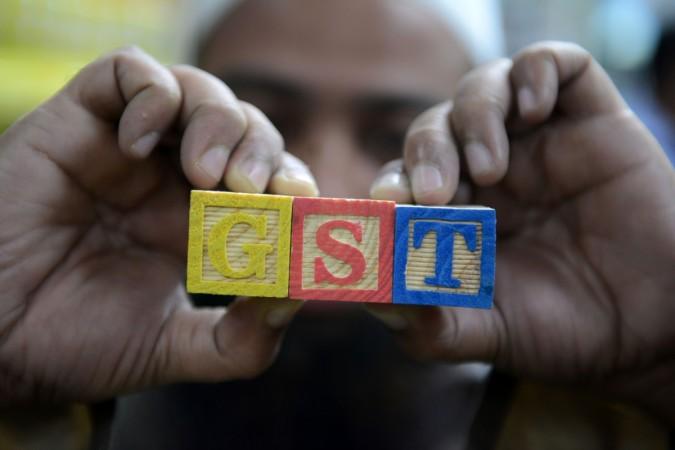
Items such as petrol, diesel, crude oil, aviation fuel and liquor, which are currently out of the purview of the goods and services tax (GST), could come under the ambit of the indirect tax regime if a wider consensus is arrived at among states, according to a minister in the Modi government.
"There are differences over several issues between different states. Efforts are on to bring a consensus among them. If it is achieved, the prices of petrol, diesel and liquor will be brought under GST," Jayant Sinha, minister of state for civil aviation, said while addressing traders and officials on GST at the Central Institute of Mineral Fuel Research (CIMFR), Dhanbad, on Saturday, according to Financial Express citing a PTI report.
Also read: GST migrations caused systems crashes at retail firms, says toy company
He claimed that ever since the GST was implemented from July 1, prices of many commodities have dropped but keeping certain items out of GST could offset the GST-driven gains.
"Inflation will come down, tax avoidance will be difficult, India's GDP will be benefited and extra resources will be used for the welfare of poor and weaker section," Sinha said, listing the multiple benefits to the country from implementing the law, described by finance minister Arun Jaitley as one that aimed at "economic integration" of the country.
Meanwhile, car manufacturers have apparently sought the intervention of the Centre over tax incidence on advance payments made by customers for buying cars.
The Economic Times reported, citing experts, that the provisions under the GST obligate assessees to deposit tax based on the month-end closing amount received as advances. "A seller would be required to deposit GST but buyers would not be entitled to get input credit of the same. Thus, this is very clearly an unfavourable rule resulting in blockage of funds," the Economic Times quoted a senior executive working with an automobile company as saying.
GST price-cut on bikes and scooters; discounts explained
The confusion is likely to manifest when assessees file their first monthly returns under the GST next month.
Such payment of tax was not mandatory earlier in such cases, though advance received for rendering services was taxable.














